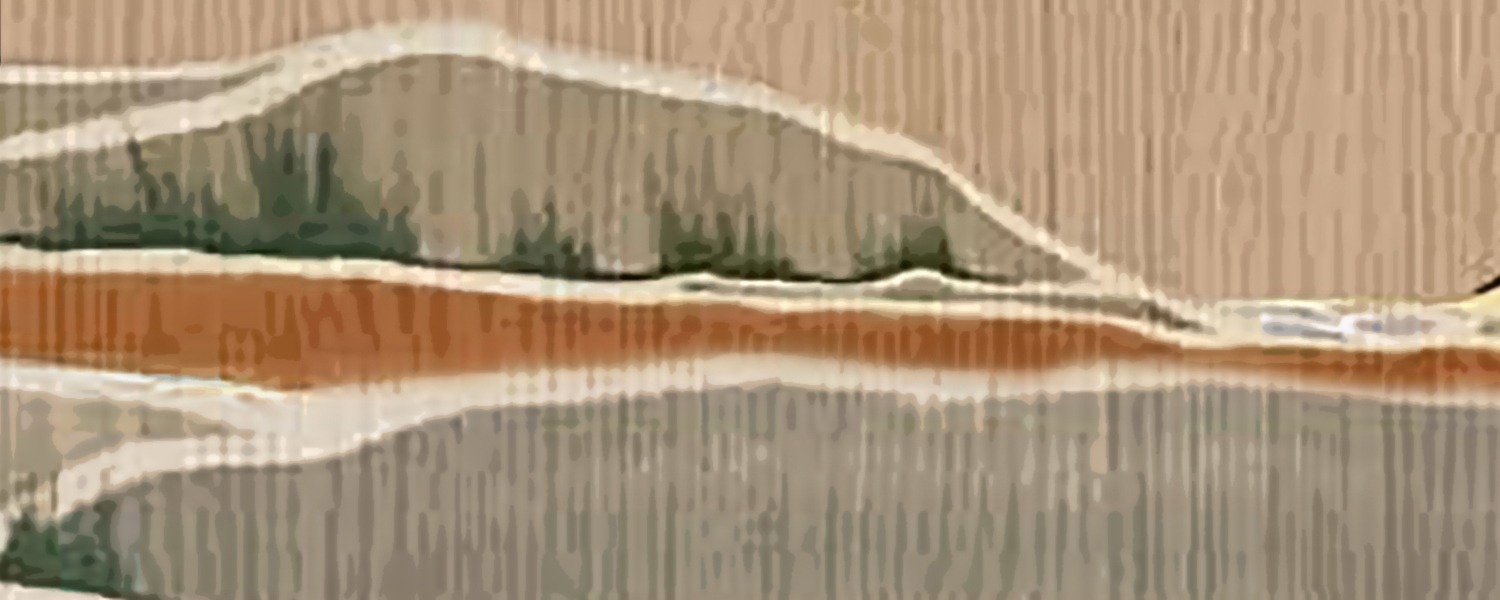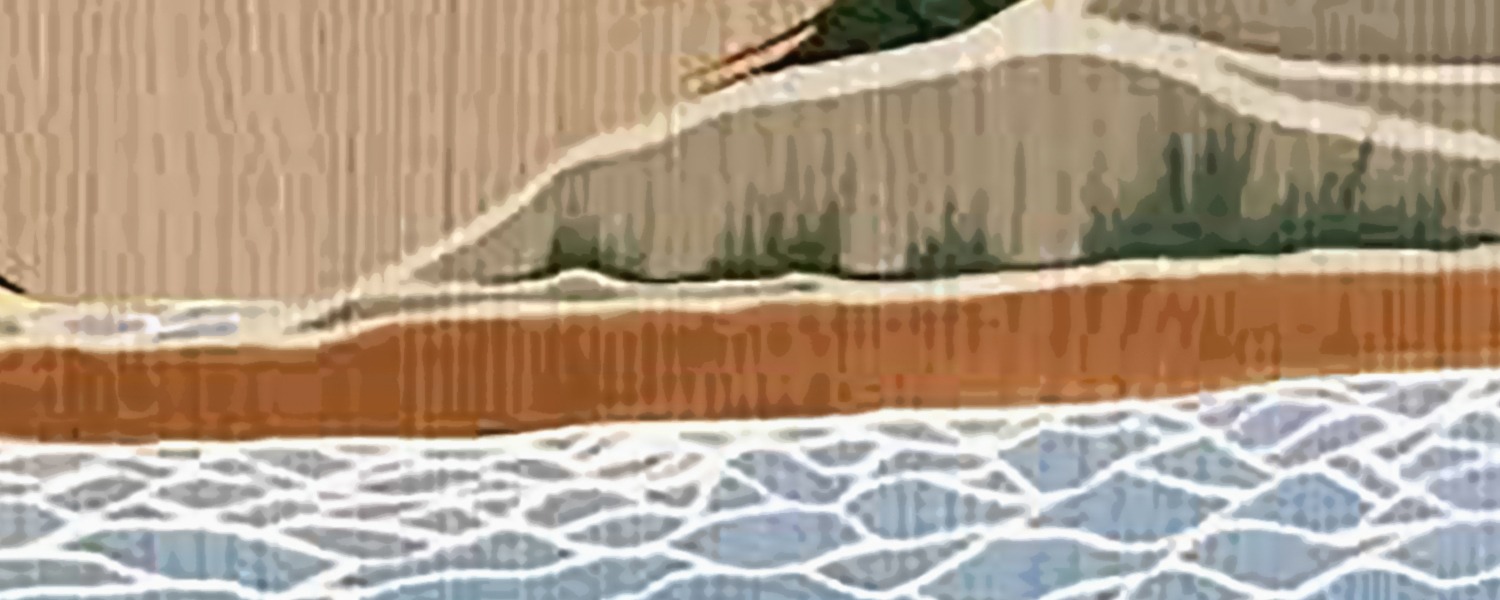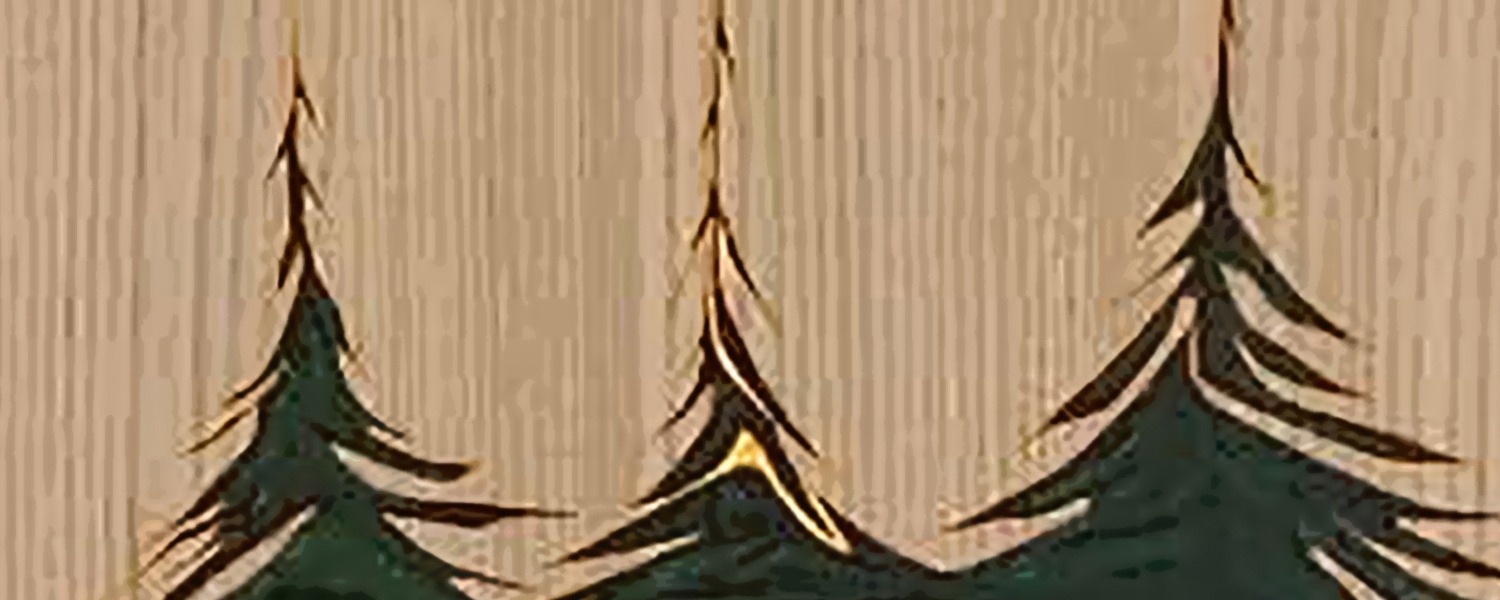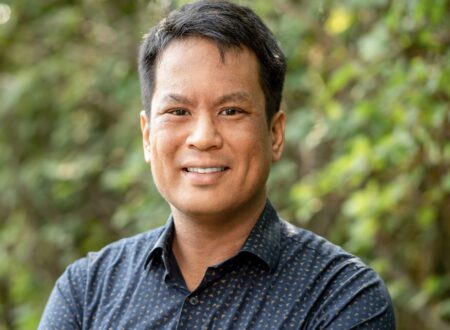When traditional knowledge is collected in the context of the study, who owns it? And does the knowledge stay confidential?
There is no doubt that collecting traditional knowledge is crucially important, especially because of the effects that residential schools have had on the intergenerational transmission of traditional knowledge. However, Indigenous communities should be aware that there are certain issues surrounding ownership and confidentiality where Canadian law may not mesh very well with the norms of Indigenous law that govern the use and sharing of the knowledge. Because Indigenous legal orders often have different understandings from Canadian law about how information should be shared, people coming from different legal traditions may have different background understandings of the proper way to treat information.
We want to lay out a few of those issues here. We think that collecting traditional knowledge is essential, but we would suggest that exploring a few issues at the start of a project and discussing them between the different people involved in a traditional knowledge study can help avoid misunderstandings and disputes later on.
Ownership
Joint projects = joint ownership?
In order to produce a traditional knowledge study that courts and governments will find convincing as proof of Indigenous land use, it is often necessary to hire an academically trained expert, like an anthropologist. Indigenous communities will often find that an outside body, like government, a proponent, or a university, offering to jointly conduct the study with the community.
In these situations, it will be important to clarify at the start of the project the question of who owns the knowledge collected during the project, and who owns the report summarizing the knowledge collected during the project. For example, in Canadian law, in most situations, the default assumption is that the person who makes a recording of someone talking owns that recording. If the community is not comfortable with that position, it will be important to make sure that the ownership of the recorded knowledge is set out in a written agreement.
Does the funder own the project?
Conducting a traditional knowledge study is often expensive, and project proponents or Crown governments may offer to pay for a traditional knowledge study. The question that then arises is: does the funder own the knowledge collected during the project?
It will be important for a community to look closely at any funding agreements to see if they specify this kind of ownership. It is often possible to draft an agreement so that the ownership of the recorded knowledge is set out clearly.
As a general rule, under Canadian law, the owner of the copyright over a recording or a report has the right to reproduce that recording or report, and even to sell it to someone else. If an Indigenous community wants to stop the person conducting the research from doing that with the knowledge she collects, it will be important to set that out ahead of time.
Confidentiality
“Discovery” obligations
Researchers who conduct traditional knowledge studies will often promise the people they are interviewing that the information that is being shared will remain confidential. However, “confidentiality” in Canadian law is not necessarily absolute. This has implications for how widely information can get disseminated.
For example, when one person sues another person, there is generally a right to “discover” your opponent in litigation. This means that generally speaking, a person who is suing or being sued has the obligation to share any relevant documents with his opponent in litigation. This is meant to make it easier for the courts to find the truth in any dispute. A party can only withhold information from discovery by arguing that a document is “privileged”. For example, communications between a lawyer and her client are protected by privileged, and the opposing party does not have a right to see that information.
It is an arguable point whether traditional knowledge studies, and the information collected during those studies, should also be protected from disclosure by this kind of privilege. At present, though, there is a real risk that these studies will have to be disclosed to an opposing party in litigation. Depending on the specifics of the situation, though, there may be ways of minimizing the risk of this disclosure.
Access to Information Requests
If a traditional knowledge study goes in to the hands of a Crown government, then the Access to Information law that applies in that jurisdiction will probably apply to the study.
In that case, the traditional knowledge study may become available to the public through an Access to Information request.
Depending on the jurisdiction, there may be ways to minimize the risk of public access to the information through some kind of written agreement with the Crown government.
Concluding thoughts
None of the above is intended to dissuade people from the important work of collecting and studying traditional knowledge. We only want to suggest that these are some important issues that should be thought about ahead of time.
Canadian law treats information by distinguishing between four distinct but related concepts: ownership, control, access, and possession. Parties can come to an agreement about each of these issues that meets the needs of everyone at the table. It is often possible for an Indigenous community to craft an agreement with outside partners and funders that makes sure that obligations under indigenous law are satisfied as well.
It may be that a knowledge holder will find that recording the knowledge is so important that it outweighs the risks outlined above. It may also be that the legal order that the knowledge holder is a part of will permit the sharing of the knowledge if it is to serve a good purpose, like protecting a particular sacred site. However, it seems to us that securing agreement from the knowledge holder to share the knowledge on the basis of informed consent should be how this work is done.
By Senwung Luk
Related Posts

AMC Wins Unprecedented Discount Hydro Rates for On Reserve Residents
By Senwung Luk and Corey Shefman
On May 1st, 2018, Manitoba’ Public Utilities Board adopted recommendations made by the Assembly of Manitoba Chiefs (“AMC”) to create a new electricity rate…
Read More...
SCC says failure to create reserve a breach of fiduciary duty in divided decision
By Krista Nerland and Senwung Luk
This morning, the Supreme Court of Canada released its decision in Williams Lake Indian Band v. Canada, a case about the…
Read More...
Supreme Court: Charter does not protect Ktunaxa sacred site
by Senwung Luk and Krista Nerland
In a disappointing decision released by the Supreme Court of Canada (“SCC”) today, a majority of the Court decided that…
Read More...

